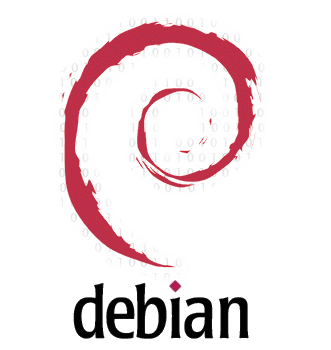Over the weekend Debian rolled out the seventh version of its popular Linux distribution, codenamed “Wheezy”.
Debian 7 offers enhanced multimedia capabilities, better security, new versions of the GNOME and KDE user interface packages, “multiarch support” – the ability to run both 32-bit and 64-bit software on the same computer – and countless other improvements.
Debian can run on anything from mobile devices to supercomputers, but this version brings a particular focus on easier cloud deployment.
Last time the open source OS received a complete update was in February 2011. The next version, codenamed “Jessie”, is expected sometime in 2015.
Breaking new ground
Debian is an open source project that aspires to create a free, multi-purpose operating system based on the Linux kernel and GNU OS components. This year, it will celebrate its 20th birthday.
 Wheezy starts with an improved installer, which now supports the UEFI specification used in many new 64-bit PCs, although there’s still no support for “secure boot”. Debian has enhanced the new version with several accessibility features, including the ability to install the OS using speech recognition.
Wheezy starts with an improved installer, which now supports the UEFI specification used in many new 64-bit PCs, although there’s still no support for “secure boot”. Debian has enhanced the new version with several accessibility features, including the ability to install the OS using speech recognition.
Debian 7 includes support for around 37,000 updated software packages for everything from office productivity to server virtualisation. For the first time ever, it adds built-in support for the OpenStack cloud OS and the Xen Cloud Platform. The default file system has also been updated from ext3 to ext4.
But the most important new addition has to be Multiarch support – an innovative feature that allows users to run 32-bit and 64-bit applications on the same computer, and automatically takes care of all the relevant dependencies. The inclusion of Multiarch support goes a long way towards Debian’s goal to become the completely universal operating system.
“It is suitable for many different use cases: from desktop systems to netbooks; from development servers to cluster systems; and for database, web, or storage servers. At the same time, additional quality assurance efforts like automatic installation and upgrade tests for all packages in Debian’s archive ensure that ‘Wheezy’ fulfils the high expectations that users have of a stable Debian release. It is rock solid and rigorously tested,” promises a post on the Debian website.
How well do you know your operating systems? Take our quiz!





